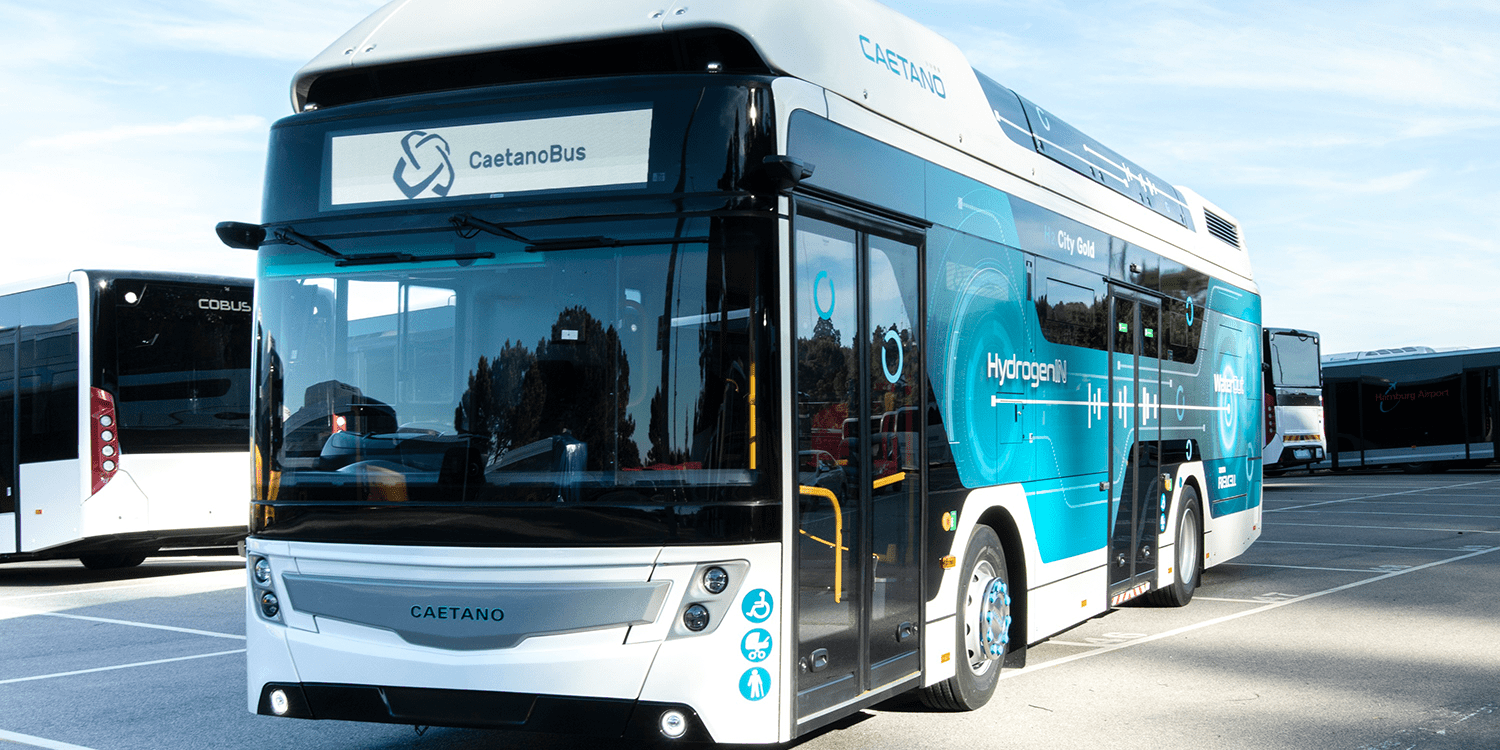The Teesside Hydrogen Vehicle Ecosystem was a UK Government funded project focussed on helping the UK solve challenges around zero emission road freight, linked to the Teeside Multi-Modal Transport Hydrogen Hub. Delivering the Teesside Hydrogen Vehicle Ecosystem project was a consortium comprised of Element Energy, Toyota, Caetano, Wrightbus and TRL.
The challenge
To provide reliable independent evidence, in a real world setting, of the operational costs and benefits of hydrogen fuel cell vehicles in comparison to combustion engine versions.
To design a trial format in such a way that meaningful and comparable conclusions can be drawn, and which can be replicated with lower monitoring and evaluation costs in future (and larger) demonstration programs.
The project scope
Ten Toyota Mirai hydrogen fuel cell electric cars were used in a set of use cases by operators such as the region’s rapid response services, including Cleveland Police, NHS patient support as well as the Combined Authority, Anglo American and Stagecoach. Two Toyota fuel cell forklift trucks have a well-defined operational case at Teesside International Airport, in its major logistics warehouse. Caetano supplyied a single decker bus for use by Stagecoach on existing routes. Wrightbus supplied a double-decker hydrogen fuelled bus for use by Arriva. The hydrogen vehicles used the Element 2 hydrogen fuelling station at the Airport.
The operators ran the vehicles on agreed routes, and in duty cycles developed to provide a direct comparison with previously collected benchmark data. Comparison of the data covered fuel consumption, fuel cell electricity production, traction energy, ancillary loads, and regenerative braking.
TRL’s contribution
TRL led the trial design and data analysis aspects of this trial, building on experience from delivering the Low Emission Freight and Low Emission Bus trials. TRL developed its vehicle analytics platform (VAME) tool for automating the processing of high frequency telematics data from vehicles, including using hydrogen specific parameters that have not been included in previous studies. Automating the data collection and analysis process minimised the need for human intervention and analysis, and speeded up delivery of insights.
Acknowledgements
The Teesside Hydrogen Vehicle Ecosystem project received funding from the Department for Transport through Innovate UK with matched funding from the consortium members. Further details about the Government investment in the Tees Valley can be found here. And the Masterplan for a Multi-Modal Transport Hydrogen Hub is here.

